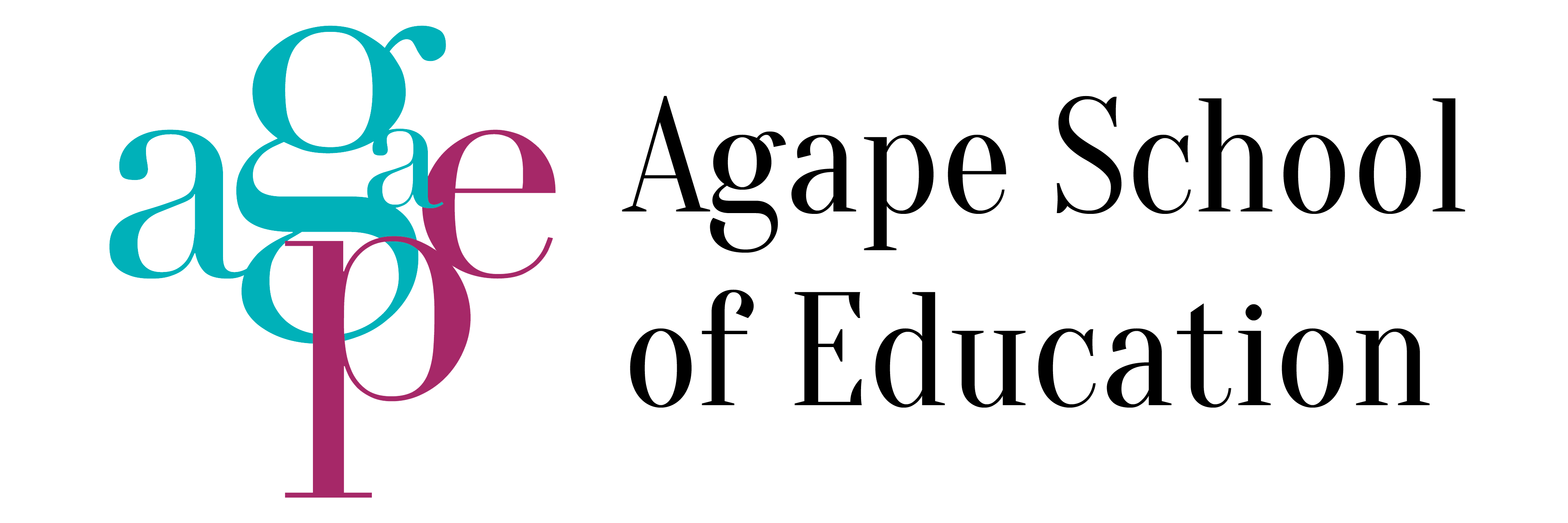The French language has been known to be confusing to foreign language learners, especially student’s whose first language is English. This is because in the English language, the general rule is that sentences require a definite or indefinite article. Articles behave in the same way as adjectives in that they modify nouns. However, in the French language, the rules are different. Articles aren’t fixed like in the English language, they vary in relation to the corresponding nouns that they modify. This makes it difficult to find corresponding articles in other languages.
Therefore, the lack of such articles in French can be confusing for a teacher to explain and difficult for students, especially older ones, to grasp. This very basic linguistic problem can often go undiagnosed or unaddressed even in students who have been learning a new language for several years. This is abundantly clear by the overuse of a substitute of a definite article in sentences.
Definite Articles
For example, in the English language, “the” is the only definite article, however, in French there are four, depending on the gender of the noun, starting alphabet, or if it is singular or plural.
- le (masculine singular)
- la (feminine singular)
- l’ (masculine or feminine but appears in front of a vowel or ‘h’)
- les (masculine or feminine but attached to plural nouns)
Exceptions of definite articles
Unlike the English language, definite articles in the French language may be used to indicate an overarching ‘sense’ of a noun. As definite articles are not used similarly in the English language, this can be mind-boggling for native English speakers. In the French language, the definite article can also change if it follows the prepositions ‘à’ or ‘de’. In these cases, the article and preposition contract into a single word.
Indefinite Articles
The indefinite article might be the easiest part of French grammar. In the English language, indefinite articles are “a,” “an,” or “one” in English, while the corresponding plural article is “some.” In the French language, these four articles correspond to are three forms of indefinite articles.
- un (masculine)
- une (feminine)
- des (masculine or feminine but attached to plural nouns)
The indefinite article usually refers to an unspecified person or thing.
Exceptions of Indefinite Articles
In the English language, the indefinite article is used to describe to a person’s profession or religion. However, this is not the case in the French language. In the negative use (ne pas), the indefinite article changes to ‘de’ (pas de), which means “(not) any”.
Partitive Articles
Although often omitted in the English language, partitive articles are used to indicate an unknown quantity of something, usually food or drink. These partitive articles are the English language equivalent of “some” or “any” and have four forms.
- du (masculine singular)
- de la (feminine singular)
- de l’ (masculine or feminine but appears in front of a vowel or ‘h’)
- des (masculine or feminine but appears in front of a plural noun)
Like the definite articles, use of the appropriate partitive article depends on the gender of the noun, starting alphabet, or if it is singular or plural.
Exceptions of partitive articles
The partitive article ‘de’, is used after adverbs indicating quantity and in the negative form, similar to the rules that apply to indefinite articles.
The important thing to understand when learning or teaching a foreign language, is that the objective is not a translation. Learning a foreign language is about focusing on the cultural differences and nuances. At Agape School of Education, we use a variety of strategies and materials to cultivate this understanding. Our trained teachers find and employ what works best for their students. Be it providing students with a variety of reading materials, encouraging conversation or using different types of media, our methods are diverse. Our curriculum is unique because we also place importance on the culture of a language.
We do this because we know that inspiring a love of the language will breed passion in our students, which will lead them to succeed at their goals. As a result, Agape School of Education students regularly score in the highest percentile in local and international examinations. Many of our students have proceeded to use their language skills to gain prestigious jobs or educational opportunities.
Come down to Agape School of Education or sign-up and pick a foreign language course that you’re interested in! If you’re a Singaporean citizen above the age of 25, you are eligible for the SkillsFuture Credit Scheme! Our Korean and German classes are claimable via SkillsFuture Credit.




0 Comments